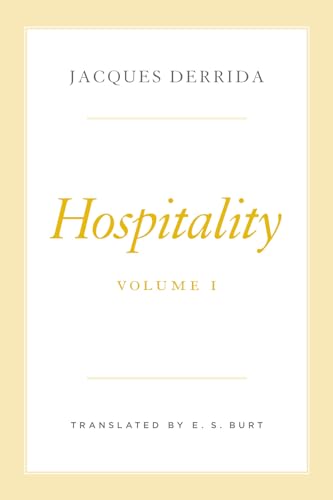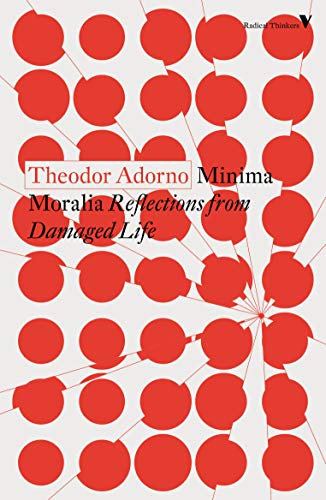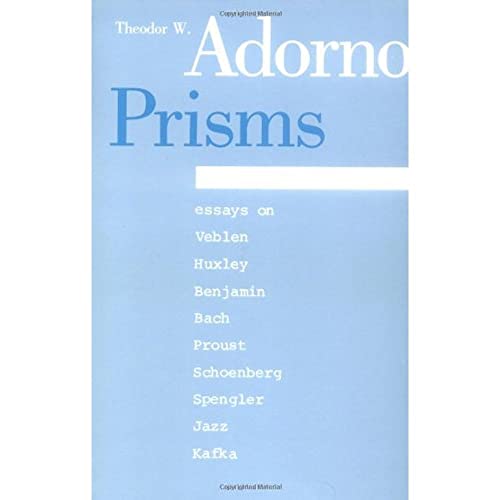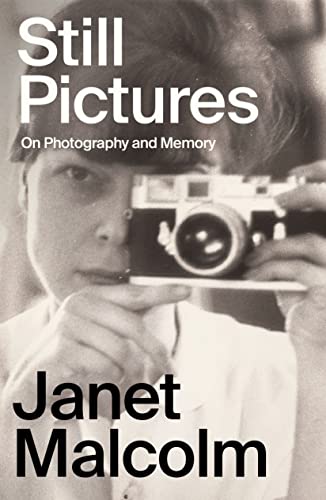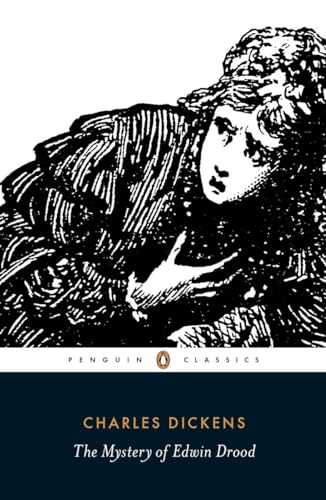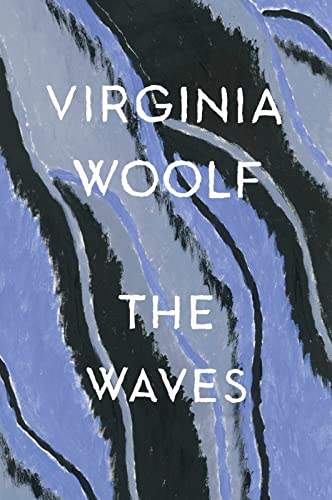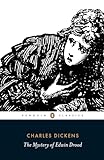 I am unpacking my library—no, I’m not. My plan was to write these few hundred words about my reading year while still surrounded by the piles of books that prove I did the work. (Or failed: the unphotographable TBR avalanche.) But life has got in the way, my books are all in storage for the next week, and I’m trying to reconstruct the year from a basement apartment in the shadow of a medieval cathedral, somewhere in the south-east of England. Dickens’s Rev. Septimus Crisparkle lived in this street, but I have not read The Mystery of Edwin Drood. There are Dorrits (or rather Dorretts) in the graveyard around the corner. Down here in my well-appointed oubliette, the internet connection is failing, and I’m drafting all of this by hand, from memory. There will be no quotations.
I am unpacking my library—no, I’m not. My plan was to write these few hundred words about my reading year while still surrounded by the piles of books that prove I did the work. (Or failed: the unphotographable TBR avalanche.) But life has got in the way, my books are all in storage for the next week, and I’m trying to reconstruct the year from a basement apartment in the shadow of a medieval cathedral, somewhere in the south-east of England. Dickens’s Rev. Septimus Crisparkle lived in this street, but I have not read The Mystery of Edwin Drood. There are Dorrits (or rather Dorretts) in the graveyard around the corner. Down here in my well-appointed oubliette, the internet connection is failing, and I’m drafting all of this by hand, from memory. There will be no quotations.
 Each January since 2016 I have resolved to reread Theodor Adorno’s Minima Moralia, in the hope it would somehow steel both mind and heart for the speeding descent towards fascism. What might this actually have consisted of? Among more pressing things—some way to account for achieved demagoguery and genocidal aspirations—perhaps an inoculation against such pat phrases as “the speeding descent towards fascism.” Usually I get distracted from Adorno early in the year, by a combination of other reading duties and the speeding descent, etc. Or by some random consideration: did you know, for instance, that Edmund Jephcott, who translated Minima Moralia (and much else by Adorno and Walter Benjamin) quit academia in the early 1980s to work on his invention of an ultra-narrow three-wheeled electric vehicle?
Each January since 2016 I have resolved to reread Theodor Adorno’s Minima Moralia, in the hope it would somehow steel both mind and heart for the speeding descent towards fascism. What might this actually have consisted of? Among more pressing things—some way to account for achieved demagoguery and genocidal aspirations—perhaps an inoculation against such pat phrases as “the speeding descent towards fascism.” Usually I get distracted from Adorno early in the year, by a combination of other reading duties and the speeding descent, etc. Or by some random consideration: did you know, for instance, that Edmund Jephcott, who translated Minima Moralia (and much else by Adorno and Walter Benjamin) quit academia in the early 1980s to work on his invention of an ultra-narrow three-wheeled electric vehicle?
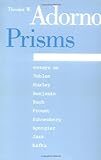
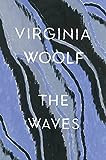 This year, because I have decided to write a book about education which is also a book about my own education, I was lured away from Adorno by—more Adorno. Specifically his little essay on Benjamin which I first read in Prisms (trans. E. Jephcott) thirty-three years ago. Maybe my book, which will be called Ambivalence, is really about Benjamin and what he meant in the reading and learning and only occasionally writing mind of a twenty-one-year-old. Or perhaps it’s about Virginia Woolf’s The Waves, which I seem to have taken around the same time for a model, or a collage of monologuing models, for how to live a life—eccentric implausible, self-protecting notion, even if I love the novel still and have recently made of it a midsummer reading project. (It seems to me a summer novel: why?)
This year, because I have decided to write a book about education which is also a book about my own education, I was lured away from Adorno by—more Adorno. Specifically his little essay on Benjamin which I first read in Prisms (trans. E. Jephcott) thirty-three years ago. Maybe my book, which will be called Ambivalence, is really about Benjamin and what he meant in the reading and learning and only occasionally writing mind of a twenty-one-year-old. Or perhaps it’s about Virginia Woolf’s The Waves, which I seem to have taken around the same time for a model, or a collage of monologuing models, for how to live a life—eccentric implausible, self-protecting notion, even if I love the novel still and have recently made of it a midsummer reading project. (It seems to me a summer novel: why?)
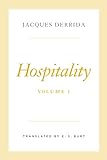
 In other word, and all just to say: this year I have mostly been rereading writers who will seem embarrassingly predictable in a writer and reader born in 1969. The wager has been that these familiar authors (Helène Cixous, Derek Jarman, Roland Barthes—again!) would also impinge in other guises: new editions and translations, new lives or settings. And so it’s proved. Eleven of Jacques Derrida’s lectures on the philosophy and politics of host and guest appeared in November as Hospitality, Volume I, translated by E. S. Burt. It was a well-timed reminder that the old accusation of his being apolitical or worse was as wrong-headed as I thought when I was a besotted student. One task of Ambivalence is to figure why we were then all so thrilled by postmodernism. It came in many stripes, some calmer than others. A collection of Italo Calvino’s essays, The Written World and the Unwritten World, was a light, bristling, profound reminder.
In other word, and all just to say: this year I have mostly been rereading writers who will seem embarrassingly predictable in a writer and reader born in 1969. The wager has been that these familiar authors (Helène Cixous, Derek Jarman, Roland Barthes—again!) would also impinge in other guises: new editions and translations, new lives or settings. And so it’s proved. Eleven of Jacques Derrida’s lectures on the philosophy and politics of host and guest appeared in November as Hospitality, Volume I, translated by E. S. Burt. It was a well-timed reminder that the old accusation of his being apolitical or worse was as wrong-headed as I thought when I was a besotted student. One task of Ambivalence is to figure why we were then all so thrilled by postmodernism. It came in many stripes, some calmer than others. A collection of Italo Calvino’s essays, The Written World and the Unwritten World, was a light, bristling, profound reminder.
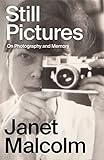
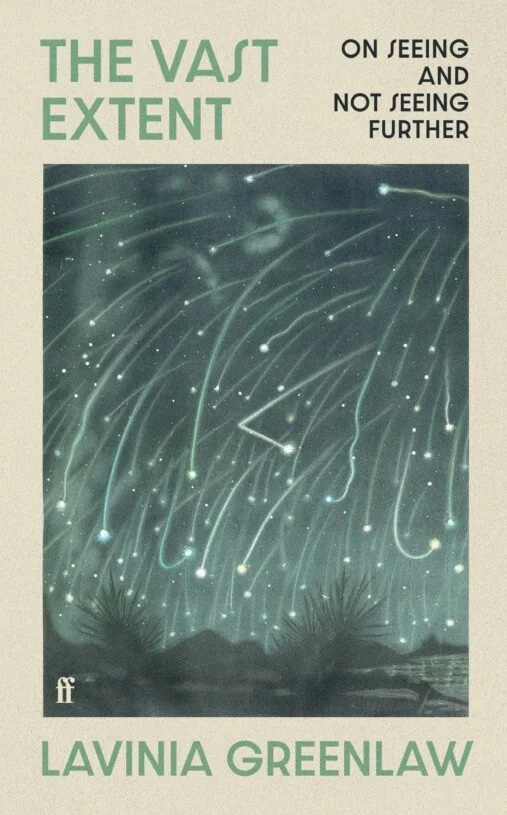
 Not everything, thankfully, has been project-bound. Early in 2023, a year and half after her death, Janet Malcolm’s Still Pictures: On Photography and Memory was the autobiography she had never intended to write, and an acute recollection of Malcolm’s frequent verging on cruelty. More than most of hers, this book made you wonder what she wanted from the subjects of her sharp profiles. Late in the year, two books arrived that in their richness of attention and regard made me wonder about my own pale efforts in the field of nonfiction. Lavinia Greenlaw’s The Vast Extent is the English poet and novelist’s catalogue of a lifetime’s looking: at Dutch paintings, clouds and glaciers, the eyes of her dying father. And Olivia Laing’s The Garden Against Time is a close and vagrant meditation on the tended plot as real and metaphoric paradise, a potentially radical place to overwinter and come back out to hope.
Not everything, thankfully, has been project-bound. Early in 2023, a year and half after her death, Janet Malcolm’s Still Pictures: On Photography and Memory was the autobiography she had never intended to write, and an acute recollection of Malcolm’s frequent verging on cruelty. More than most of hers, this book made you wonder what she wanted from the subjects of her sharp profiles. Late in the year, two books arrived that in their richness of attention and regard made me wonder about my own pale efforts in the field of nonfiction. Lavinia Greenlaw’s The Vast Extent is the English poet and novelist’s catalogue of a lifetime’s looking: at Dutch paintings, clouds and glaciers, the eyes of her dying father. And Olivia Laing’s The Garden Against Time is a close and vagrant meditation on the tended plot as real and metaphoric paradise, a potentially radical place to overwinter and come back out to hope.
More from A Year in Reading 2023
A Year in Reading Archives: 2022, 2021, 2020, 2019, 2018, 2017, 2016, 2015, 2014, 2013, 2012, 2011, 2010, 2009, 2008, 2007, 2006, 2005

